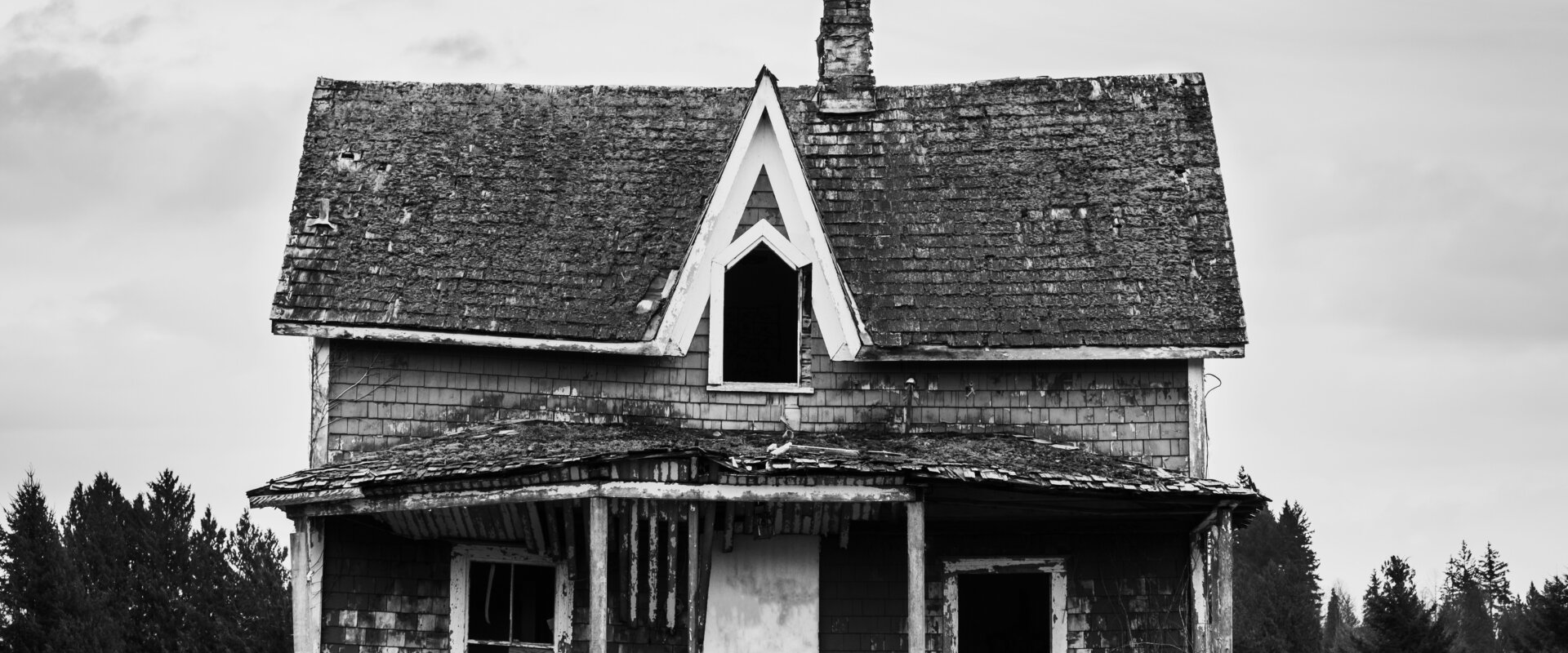Can you sell a condemned house in North Carolina? You sure can! We specialize in purchasing condemned properties AS-IS, without the need for repairs or cleanup. Keep reading to learn more!
Table of contents
- Selling a condemned house North Carolina
- What is a Condemned House in North Carolina?
- What are grounds for house condemnation in North Carolina?
- What is the process of house condemnation in North Carolina?
- How long does it take to condemn a house North Carolina?
- What happens when a house is deemed uninhabitable North Carolina?
- Can you sell a condemned house North Carolina?
- Condemnation through Eminent Domain North Carolina
- How to sell a condemned house North Carolina
- Can You Just Leave Your Condemned House?
- What happens if your house is condemned and you have a mortgage?
- Conclusion: Can you sell a condemned house North Carolina?
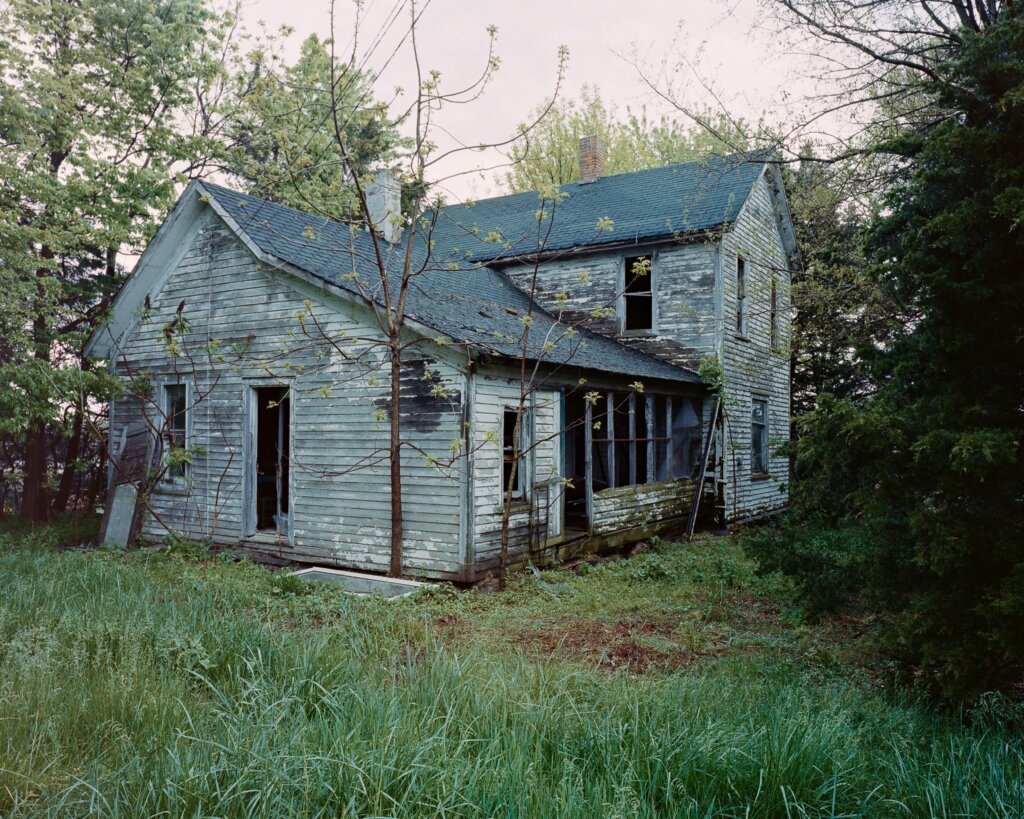
Selling a condemned house North Carolina
Many people assume that condemned houses in North Carolina are destined for demolition because of their severe condition. While this is often the case, some condemned properties still have potential for restoration. However, bringing a condemned house back to life can be a complex and costly undertaking.
Whether you can sell a condemned house in North Carolina largely depends on local regulations. In many cases, a condemned property can be sold if it’s brought up to code and passes a re-inspection by local authorities. However, if the house is deemed beyond repair, you may only be able to sell the land it sits on, not the structure itself.
There’s a wealth of information to uncover about condemned houses, spanning from the reasons behind their designation to the process of selling them. If you’re eager to delve deeper into this topic, stick around until the conclusion!
What is a Condemned House in North Carolina?
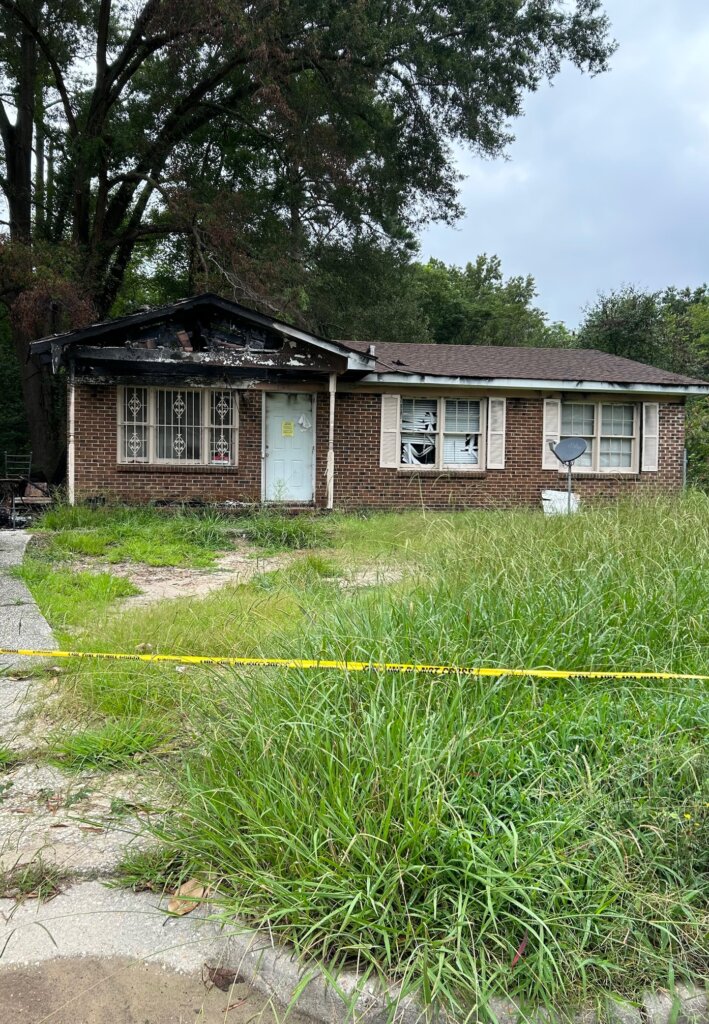
A condemned house in North Carolina is a residential property that has been legally declared uninhabitable due to serious issues like structural damage, safety hazards, unsanitary conditions, or violations of local building codes. Once a home is condemned, it is considered unsafe to live in, and any occupants are typically ordered to vacate the property.
The process of condemning a house involves inspection by local authorities who assess its condition and determine whether it poses risks to occupants or the surrounding community. Depending on the severity of the issues, the condemned house may require extensive repairs or even demolition to rectify the problems and bring it back to compliance with building standards.
What is the difference between condemned and uninhabitable?
“Uninhabitable” typically denotes living conditions within a property that are unsuitable for residents, whereas “condemned” signifies that governmental authorities have officially declared the property unfit for occupancy due to severe health risks or safety breaches.
What are grounds for house condemnation in North Carolina?
In North Carolina, a house may be condemned for various reasons, typically revolving around concerns related to safety, health, and structural integrity. Some common grounds for house condemnation include:
- Structural Deficiencies: Serious structural issues such as foundation failure, deteriorated load-bearing walls, or compromised roof integrity may render a condemned house unsafe for habitation.
- Code Violations: Violations of local building codes, including inadequate electrical wiring, plumbing systems, or lack of proper ventilation, can lead to condemnation.
- Health Hazards: Presence of hazardous materials such as mold, asbestos, lead paint, or unsanitary conditions like sewage backups, can pose health risks and prompt condemnation.
- Fire Damage: Houses extensively damaged by fire may be condemned if the damage compromises the safety and habitability of the structure.
- Neglect or Abandonment: Condemned houses left vacant and neglected for an extended period may deteriorate to a point where they become unsafe or unsalvageable, leading to condemnation.
- Public Nuisance: Houses that pose a threat to public safety or welfare, such as attracting criminal activity or posing a hazard to neighboring properties, may be condemned.
What is the process of house condemnation in North Carolina?
The process of house condemnation may differ depending on local governments, but typically involves the following steps:
- Inspection: The first step usually involves a thorough inspection of the property by local authorities, such as building inspectors or code enforcement officers. This inspection assesses the condition of the condemned house to determine if it meets safety, health, and structural standards outlined in local building codes.
- Issuance of Violation Notice: If significant issues are found during the inspection, the property owner is typically issued a violation notice outlining the deficiencies that need to be addressed to bring the property into compliance with building codes.
- Opportunity for Remediation: The property owner is given a certain period, typically specified in the violation notice, to remedy the identified violations. This may involve making necessary repairs, addressing safety hazards, or eliminating health risks.
- Re-Inspection: Once the remediation period expires, the property may undergo a re-inspection by local authorities to verify whether the identified violations have been adequately addressed.
- Condemnation Decision: If the property fails to meet the required standards even after remediation attempts, local authorities may deem the house unfit for habitation and issue a condemnation order. This order formally declares the property condemned and prohibits occupancy until the issues are resolved.
- Appeal Process: Property owners typically have the right to appeal a condemnation order through the appropriate channels, such as local government agencies or courts, if they believe the decision was made in error or if they wish to contest the order.
- Demolition or Repair: Depending on the severity of the issues and local regulations, the condemned house may need to be demolished or undergo extensive repairs to bring it back into compliance with building codes before it can be deemed safe for occupancy again.
How long does it take to condemn a house North Carolina?
The process of condemning a house varies in duration depending on factors such as the reason for condemnation and municipal regulations, often spanning from weeks to months. Initially, owners are typically notified of violations related to health and safety codes, potentially informing the local neighborhood of the property’s condemned status. If necessary corrections aren’t made, a legal hearing may ensue, potentially leading to condemnation. Owners are typically given 30 to 60 days to address issues, including repairs and permit applications, often prompting them to consider selling to investors due to time constraints and repair costs.
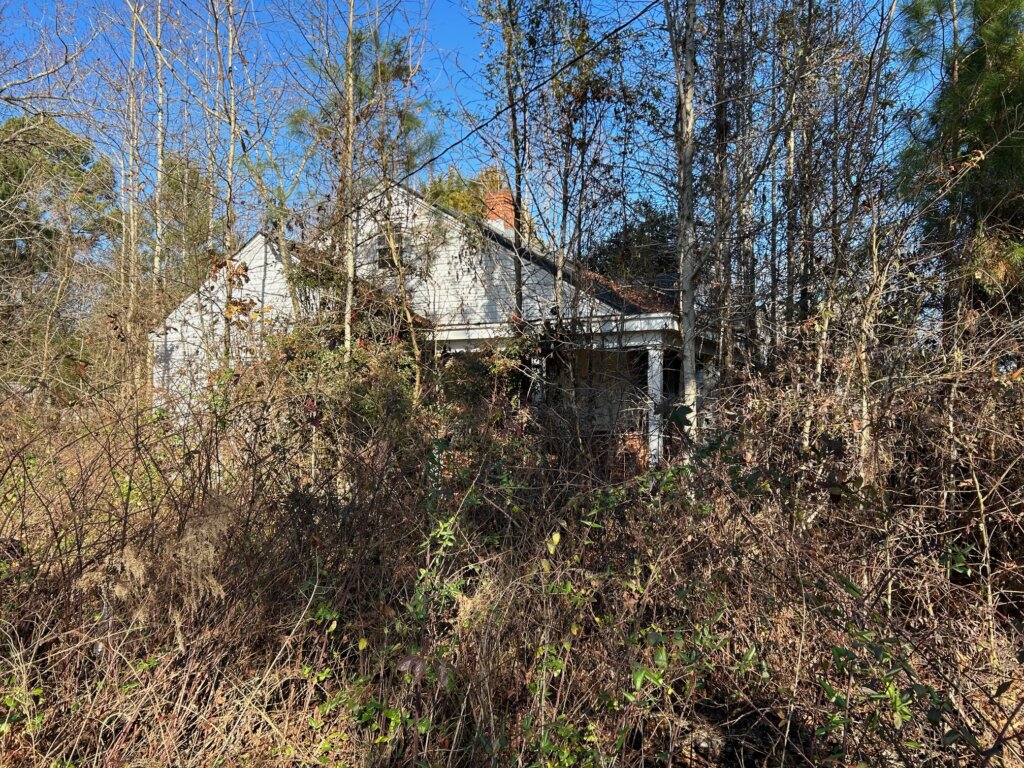
What happens when a house is deemed uninhabitable North Carolina?
When a house is officially condemned in North Carolina, local authorities typically require all residents to vacate immediately. Notice is posted on the property to alert the public of its condemned status, and utilities are often shut off to prevent unsafe occupancy. In severe cases—where the structure is dangerously deteriorated or poses major safety risks—demolition may be ordered to protect the community.
Can You Still Live in a Condemned Home North Carolina?
In most cases, living in a condemned house in North Carolina is not allowed. A condemnation notice generally requires the homeowner to vacate the property while necessary repairs are made. It’s important to comply with this order and take prompt action to address the issues that led to the home being condemned.
What happens to tenants when a property is condemned North Carolina?
When a property is condemned, tenants are typically required to vacate the premises immediately due to safety concerns. Depending on the severity of the condemnation and local regulations, tenants may be entitled to relocation assistance or compensation for expenses related to finding alternative housing.
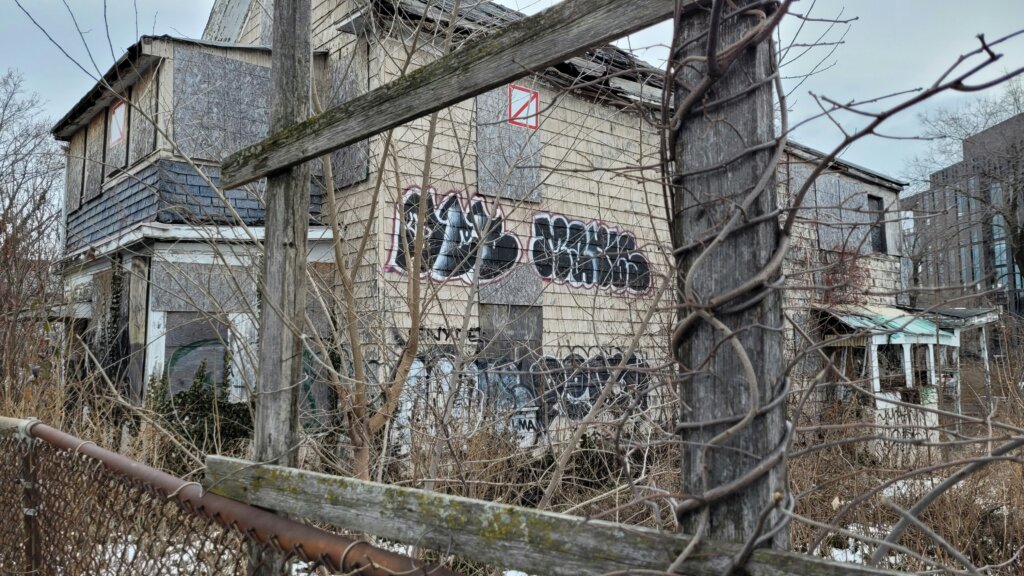
Depending on the terms of the lease and state or local laws, tenants may be released from their lease obligations without penalty, however condemnation action does not invalidate an existing lease agreement, so tenants would still have the obligation to fulfill the terms of their lease while occupying the home. If tenants encounter difficulties or believe their rights are being violated, seeking guidance from legal experts or tenant advocacy organizations can help navigate the process and protect their rights.
Can you sell a condemned house North Carolina?
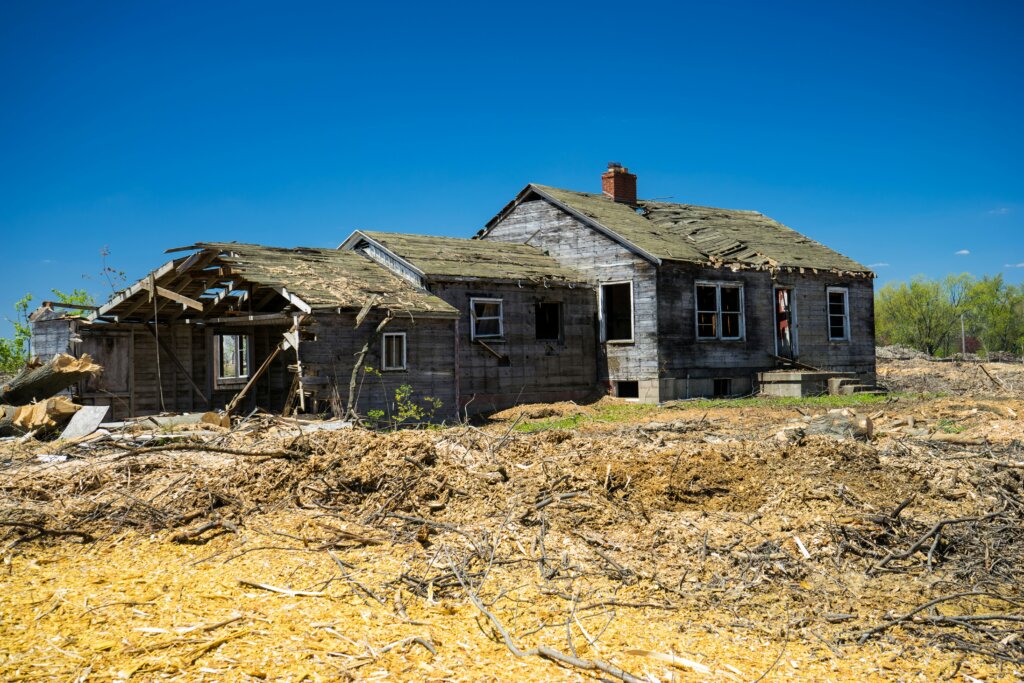
Depending on your location, selling a condemned house may still be possible, typically through two approaches. The first involves making all necessary corrections mandated by the government before selling. This entails undertaking required repairs and renovations to bring the property to an acceptable standard. Upon completion, applying for inspection by relevant authorities is necessary. Once the property is deemed habitable, it can be marketed like any other real estate; however, obtaining a mortgage for condemned homes may prove challenging, potentially limiting retail buyer interest.
Alternatively, if the condemned house is irreparable, selling it as-is becomes an option. In this scenario, the buyer purchases the land rather than the structure, as its value has diminished. These buyers often opt to demolish the condemned property and construct anew. However, for properties condemned through eminent domain, where ownership transfers to public property, selling is typically not feasible.
Condemnation through Eminent Domain North Carolina
Local governments can condemn houses for public projects like highways, airports, or schools through eminent domain authority. While homeowners receive compensation, navigating this process often proves challenging. However, the government provides compensation, known as a pro-tanto award, based on the property’s appraised value. Homeowners can decline the offer if they believe their condemned house is worth more, opting to have it appraised for market value and submitting the appraisal to the government unit. This may lead to a legal process, so seeking legal counsel is advisable if eminent domain condemnation appears daunting.
How to sell a condemned house North Carolina
Selling a condemned house presents various complexities, emphasizing the need for an adept real estate professional to guide the process and overcome potential obstacles. Here are some basic steps to Sell a Condemned House:
- Address Violations: Before listing the property, rectify any violations that led to its condemnation and secure clearance from local authorities.
- Manage Major Repairs: Undertake essential repairs to meet building codes and ensure the property’s safety. Consider enhancing its appeal through aesthetic updates to attract potential buyers.
- Choose a Selling Approach: Evaluate different selling methods, including listing with a real estate agent, selling independently (FSBO), or exploring cash offers from investors.
Can You Just Leave Your Condemned House?
What happens if I leave a house condemned?
If you can’t afford the costly repairs needed for your condemned house in North Carolina—or if the property is in a hazardous area—you may choose to walk away and leave it vacant.
However, this inaction may grant the government the authority to seize your property in many instances. The primary downside of opting for this route instead of addressing the situation by repairing, demolishing, or selling the land is the risk of unwanted occupants, like squatters, taking up residence in the property.
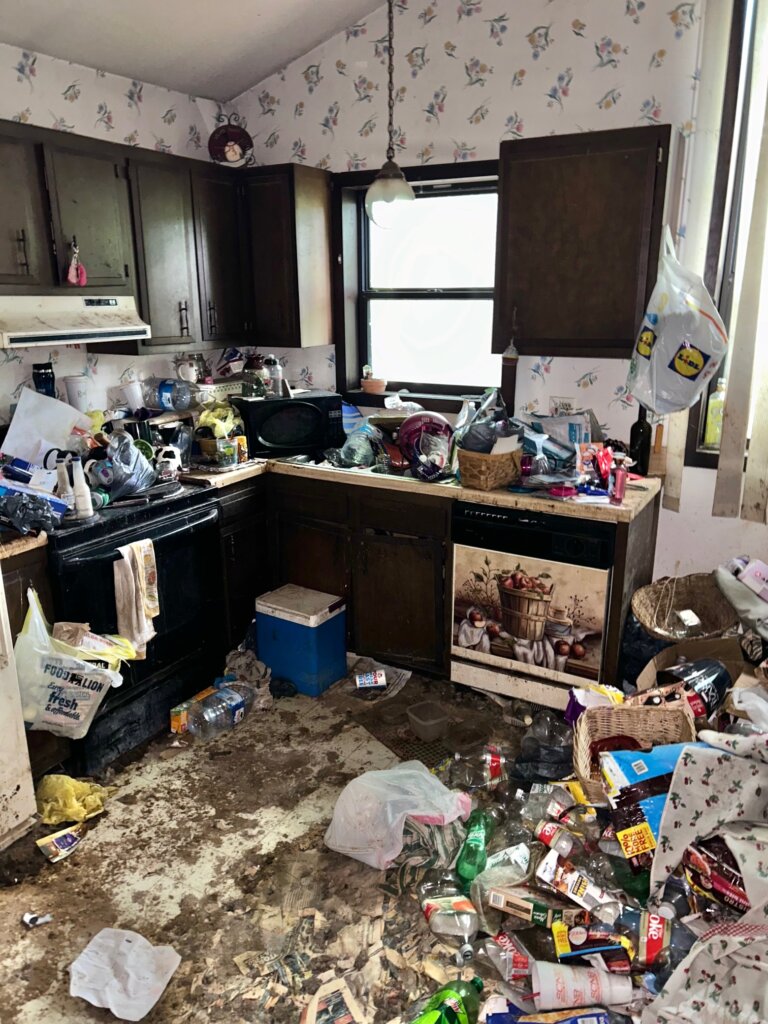
What happens if your house is condemned and you have a mortgage?
Mortgage agreements typically outline procedures in the event of land condemnation or eminent domain, whether in part or whole. Legally, lenders often have a claim to any “just compensation” received for the land’s seizure. Some mortgages mandate that all funds from condemnation be remitted to the lender, while others offer flexibility, permitting the landowner to retain some or all of the compensation, particularly in cases of partial land seizure or when the compensation is minimal compared to the loan amount.
Conclusion: Can you sell a condemned house North Carolina?
Selling a condemned house in North Carolina comes with unique challenges. It often requires working with experienced professionals to address code violations, complete necessary repairs, and navigate the selling process. Knowing your rights and exploring all available options is especially important if the property is being condemned under eminent domain.
These findings apply to all cities and towns in North Carolina, including Raleigh, Durham, Fayetteville, Johnston County, Sanford, Burlington, and surrounding areas.
Related Articles
Can you sell a house in foreclosure in North Carolina?
How to sell rental property in North Carolina (and avoid paying taxes)?
Selling a house as-is in North Carolina (How to sell a house that needs repairs)
How much are seller closing costs in North Carolina?
Can a house be sold with a lien on it in North Carolina?
A guide to selling a house with tenants in North Carolina
A guide to selling inherited property in North Carolina
Selling a house during divorce in North Carolina
Selling house for job relocation North Carolina
Selling a fire damaged house North Carolina
Selling a house with code violations North Carolina
At Freedom Choice Investments we buy properties in North Carolina in any condition and in any circumstance – even those that are condemned. We pay cash for properties making the transaction quick and easy.
If you’re interested in selling a condemned house, fill out the form below or contact us at (919) 285-1284 for a no-obligation cash offer.
Sell My House Fast For Cash Today!
Get started now. Fill out the form to receive your cash offer in minutes. There’s no obligation. We buy houses in any condition and always close on YOUR timeline.

Author: Jason Hill
I am a seasoned real estate agent and investor with nearly a decade of experience helping homeowners sell houses in disrepair. As the founder of Freedom Choice Investments my mission is to deliver simple and hassle free selling solutions to North Carolina homeowners. With the ability to buy property as-is we have a unique offering that caters to those looking for ways to sell a condemned house in North Carolina.

